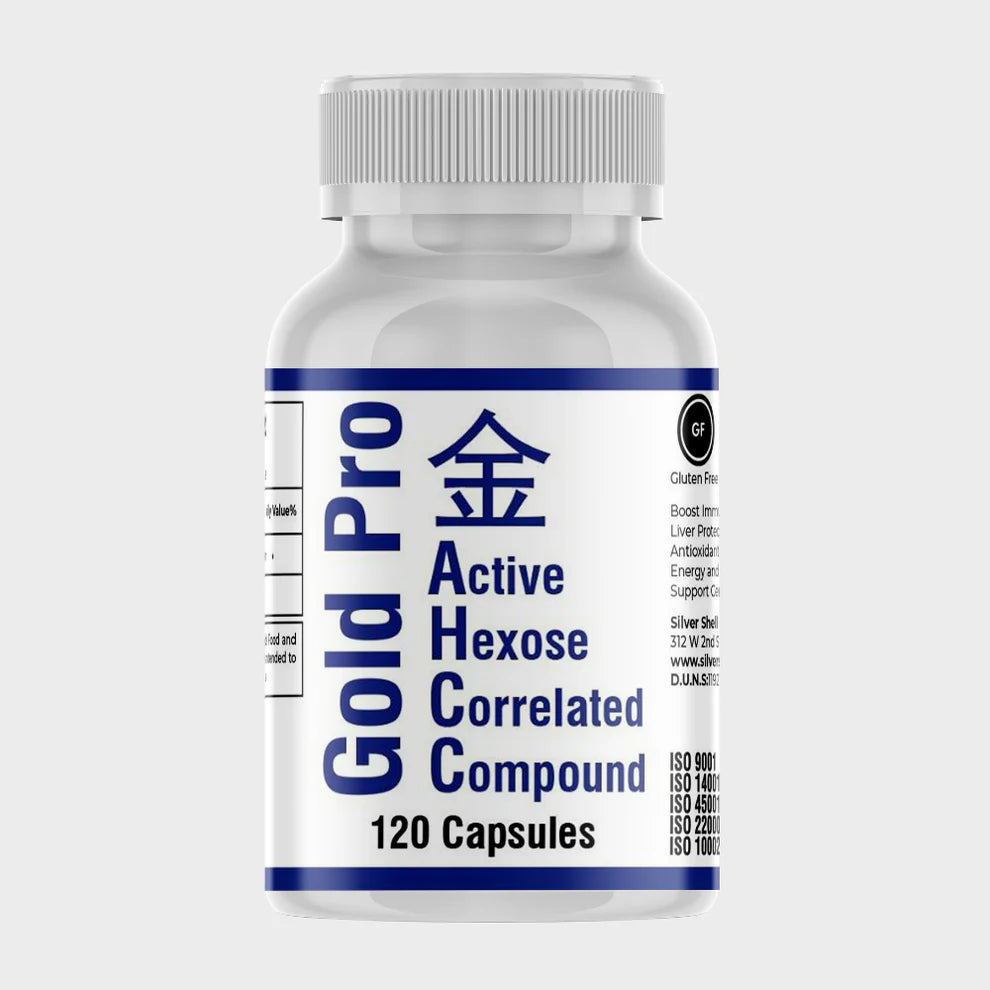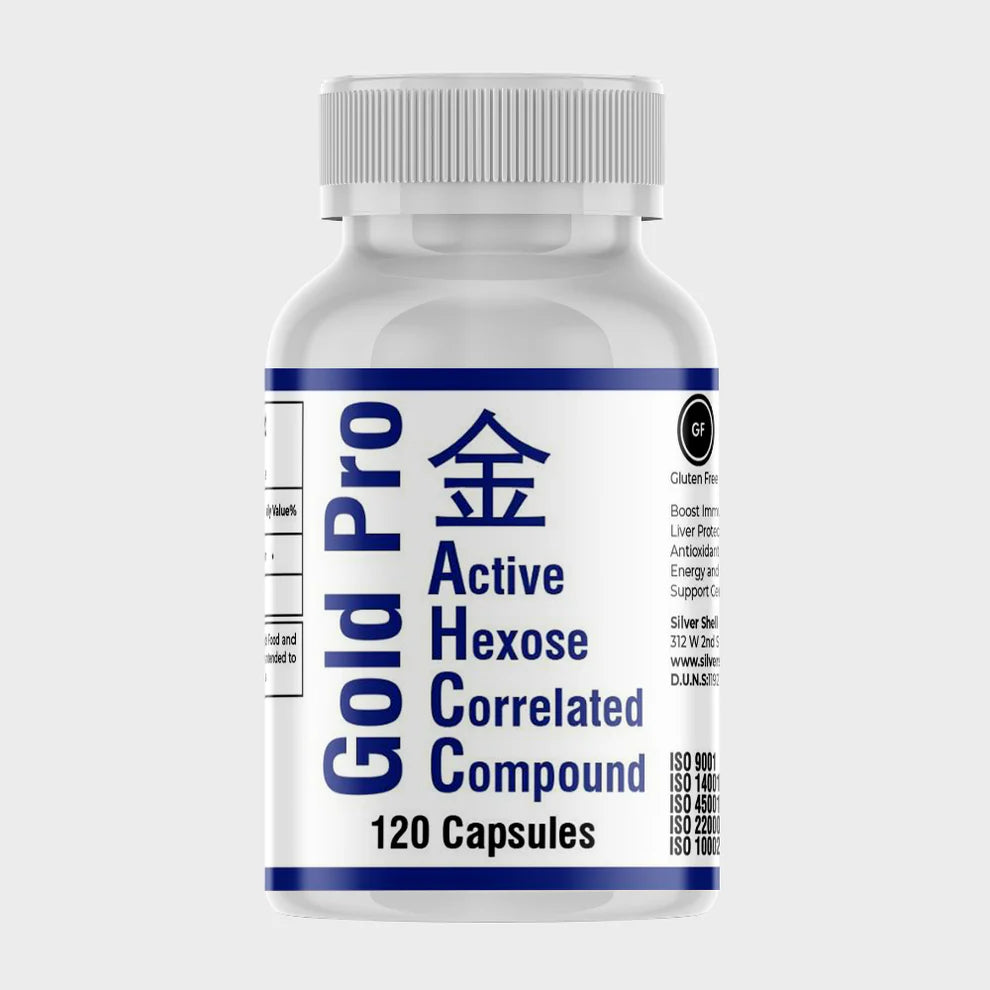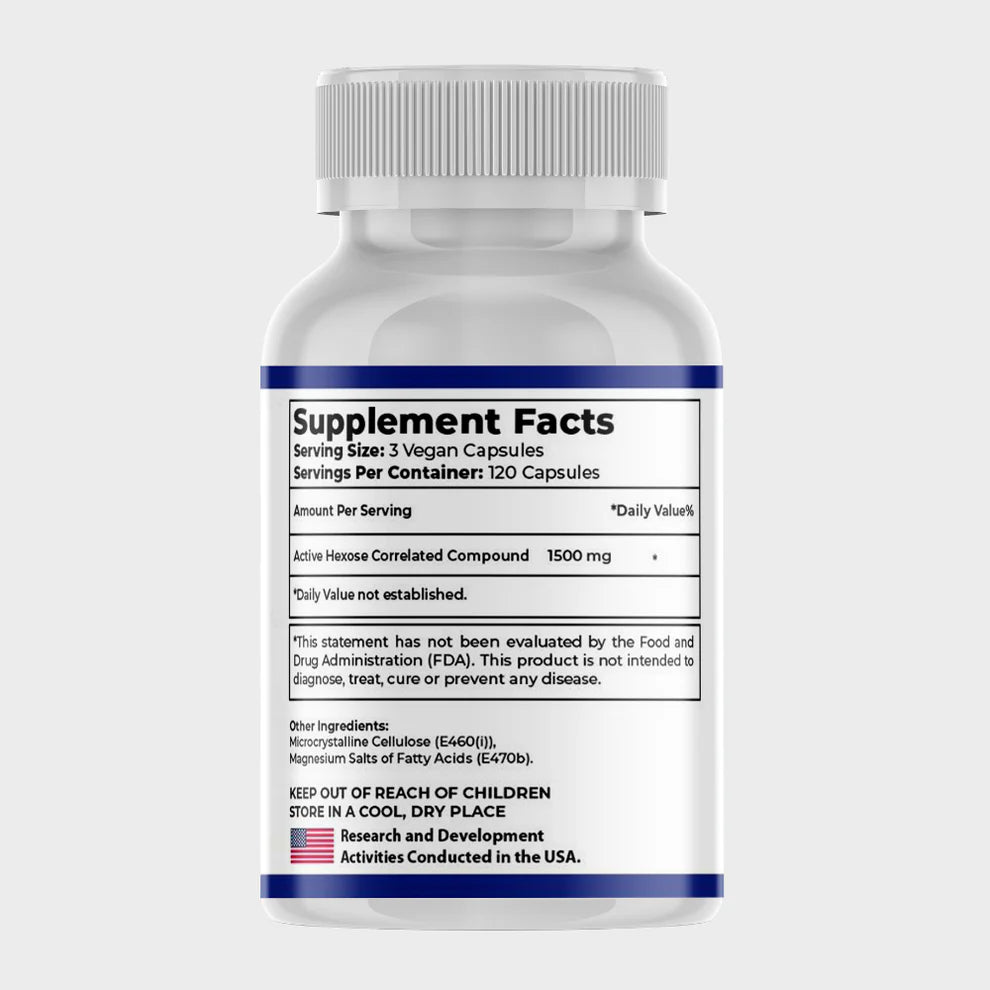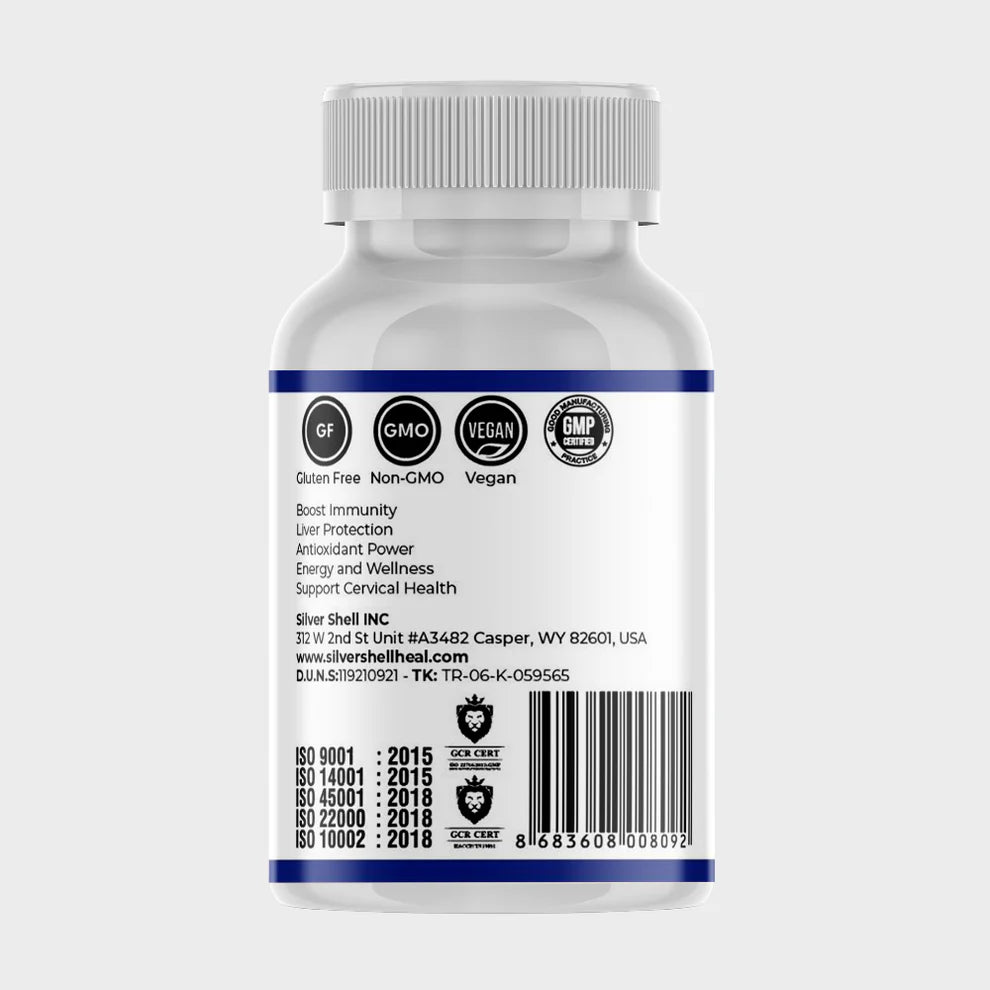Human Papillomavirus (HPV) is one of the most common sexually transmitted infections, with a variety of strains that can affect different areas of the body. Most commonly known for its association with cervical cancer, HPV can also affect fertility. Although not a direct cause of infertility, HPV can have several indirect impacts on reproductive health. Understanding these effects is essential, especially for individuals trying to conceive, as addressing HPV-related issues early can improve fertility outcomes.
Understanding HPV and Its Effects on the Body
HPV is a group of more than 200 related viruses, some of which are associated with cancer. Low-risk HPV strains are usually harmless and may only cause warts, whereas high-risk strains are known for their link to cancers, particularly cervical cancer. The virus is primarily spread through skin-to-skin contact, typically during sexual intercourse.
In most cases, HPV infections are transient and do not lead to serious health problems. The immune system often clears the virus within two years. However, some high-risk types can persist, increasing the risk of developing cancerous or precancerous lesions, especially in the cervix, vagina, vulva, and anus.
How HPV Can Affect Fertility in Women
While HPV itself does not directly impair fertility, it can lead to several issues that may affect a woman's ability to conceive or maintain a pregnancy. Here are some ways HPV might influence female fertility:
1. Cervical Health Complications
Persistent HPV infections, especially with high-risk strains, can cause abnormal cell changes in the cervix, known as cervical dysplasia. If left untreated, these changes can progress to cervical cancer. Treatments for cervical dysplasia, such as cryotherapy, laser therapy, or loop electrosurgical excision procedures (LEEP), involve removing abnormal cells from the cervix, which can sometimes impact cervical competence. Scar tissue or changes in the cervical canal following these procedures may interfere with sperm reaching the egg or cause cervical insufficiency, affecting a woman’s ability to carry a pregnancy to term.
2. Immune Response and Inflammation
HPV infection can trigger an inflammatory response in the reproductive tract. Chronic inflammation in the cervix and other reproductive organs might make conception difficult by creating a hostile environment for sperm and embryos. This inflammation may also affect the uterine lining, making it less receptive to embryo implantation, reducing the chances of a successful pregnancy.
3. Increased Risk of Miscarriage
Though more research is needed, some studies suggest that HPV-positive women have a higher rate of early miscarriage. The exact mechanism is not fully understood, but it is hypothesized that HPV may disrupt placental development or trigger an immune response that affects the pregnancy.
4. Risk of Preterm Birth
For those who have undergone cervical treatments due to HPV-induced dysplasia, there is a slightly higher risk of preterm labor and birth. Cervical surgeries can sometimes lead to cervical insufficiency, where the cervix is weaker and may open prematurely, leading to preterm birth. Preterm delivery can come with complications for both the mother and baby and may influence future fertility.
HPV’s Impact on Male Fertility
HPV's impact on male fertility is less studied, but recent research indicates that HPV may influence sperm quality, impacting a man’s ability to conceive. Here’s how HPV can affect male fertility:
1. Sperm DNA Damage
HPV can attach itself to sperm cells, potentially leading to DNA damage. Damaged sperm may have reduced motility and viability, impairing its ability to fertilize an egg. This DNA damage may also increase the risk of miscarriage if conception does occur.
2. Reduced Sperm Quality
Studies have shown that HPV-infected men may have lower sperm quality, including lower motility and an increased rate of abnormal sperm. This may make it more challenging for the sperm to reach and fertilize the egg, thus affecting fertility.
3. HPV Transmission to Partner
In heterosexual couples, if a man is HPV-positive, he may pass the virus to his partner, affecting her reproductive health. This transmission can potentially cause or exacerbate HPV-related cervical changes in women, increasing their risk of infertility-related issues.
HPV and Assisted Reproductive Technology (ART)
For couples struggling with HPV-related fertility issues, assisted reproductive technology (ART) can be a solution. However, HPV may also affect the success rates of treatments such as in vitro fertilization (IVF). HPV-positive individuals may experience lower implantation rates, as the virus could affect embryo quality or hinder the embryo’s ability to implant successfully in the uterus.
Additionally, there are concerns regarding the possible transmission of HPV to embryos or during ART procedures. While further research is needed, many fertility clinics may recommend HPV screening and, if necessary, treatment before beginning ART to optimize the chances of a successful pregnancy.
Preventing and Managing HPV to Support Fertility
Addressing HPV early on and taking steps to reduce its effects on reproductive health can help improve fertility outcomes. Here are some effective strategies:
1. HPV Vaccination
One of the most effective ways to prevent HPV and its associated fertility complications is through vaccination. The HPV vaccine is highly effective against the most common high-risk strains of the virus, significantly reducing the risk of developing HPV-related cancers and reproductive health issues. Vaccination is typically recommended before an individual becomes sexually active, but adults up to age 45 can also benefit from it.
2. Regular Screening and Early Treatment
Regular cervical screening (Pap smears and HPV tests) is crucial for early detection and treatment of HPV-related cervical abnormalities. Early intervention can prevent these abnormalities from progressing to more severe stages that might impact fertility. Women with a history of HPV should follow their doctor’s recommendations for more frequent screenings if necessary.
3. Healthy Lifestyle and Immune Support
A strong immune system can often clear HPV naturally. Maintaining a healthy lifestyle, including a balanced diet, regular exercise, and managing stress, can support the immune system.
4. Considering AHCC Supplements
Studies have shown that taking Active Hexose Correlated Compound (AHCC), a mushroom extract, can significantly aid in clearing HPV. Research suggests that using AHCC daily for six months can help the immune system clear the HPV virus, offering a promising, natural approach to managing the infection. This supplement works by supporting immune responses, making it more effective at targeting and eliminating persistent HPV infections.
Conclusion
The relationship between HPV and fertility is complex, with ongoing research revealing the virus’s potential impact on reproductive health. While an HPV infection does not guarantee fertility issues, it has been linked to certain reproductive complications that can affect both men and women. Through a combination of vaccination, regular screening, and proactive health practices, individuals can significantly reduce the risk of HPV-related fertility challenges.
Additionally, supportive therapies like Active Hexose Correlated Compound (AHCC) offer a promising natural approach to managing HPV infections. Studies suggest that taking AHCC consistently for six months can help the immune system clear the virus, potentially preventing HPV-related complications that could impact fertility. By combining AHCC with other preventive measures, individuals have more tools to protect their reproductive health effectively.





